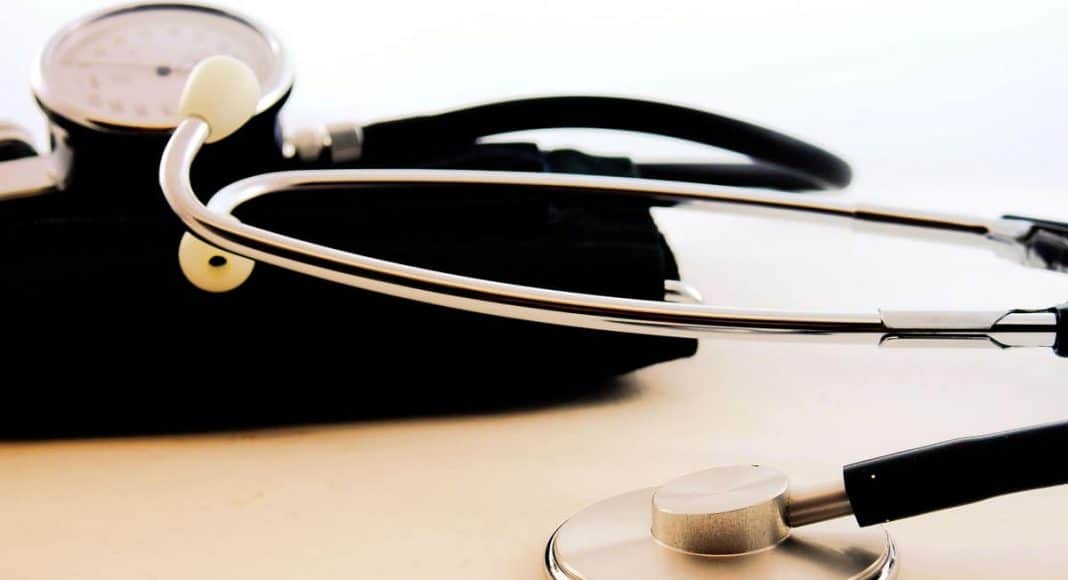Here is our doctor’s take on why your doctor won’t prescribe medical marijuana.
Patients turn to their physician hoping for a diagnosis, guidance and treatment for their symptoms. Many come up with a question as to whether cannabis is an option for treatment. It is not unusual that they feel as if they hit a brick wall with discussing this as a treatment option.
I think it is important that patients are able to see the handcuffs that medical physicians are in with the cannabis discussion. We should first look at the acceptance of medical marijuana by my medical colleagues.
In 2013, a New England Journal of Medicine survey reported that 76 percent of North American physicians felt that medical marijuana should be used in certain circumstances.
The case in point was a 68-year-old woman with metastatic breast cancer who might have improvement in symptoms with medical marijuana. This is an extreme case looking at end of life decisions and palliation (relief of symptoms) as opposed to patients with curable diseases who have years to live. On both sides of the discussion, physicians called for more research of cannabis to have a stronger basis of evidence for or against the use of medical marijuana.
Medical physicians are held to a higher standard than other caregivers when it comes to making a diagnosis and treatment options. This is a good thing in that it requires a more scientific approach to diseases and treatments. This, however, can handcuff physicians when treating patients.
We are trained in pharmaceuticals as part of medical school. We are taught both the science and the art of medicine. At this time, we know of anecdotal side effects of cannabis, but we cannot give our patients a complete list and percent chance of side effect based upon FDA guidelines.
Physicians take a malpractice risk whenever prescribing any medication. This risk increases when prescribing medications off label from FDA guidelines. If a patient suffers from a side effect after receiving a prescription of an FDA Schedule I medication (heroin, LSD, marijuana), there would be no legal defense. Furthermore, prescribing a Schedule I medication would be breaking federal law unless under a very unusual circumstance or in a FDA-controlled study.
It takes years of study and national board testing to obtain an FDA license. One felony conviction would threaten that along with the loss of a medical license. Would it be responsible for an M.D. to risk losing the ability to care for a large population of patients by breaking the law in prescribing cannabis?
When cannabis is federally legalized and studied by the FDA, we could then have proper medical education for our physicians who can then prescribe it with less fear of clinical errors and legal ramifications. A study in 2016 revealed that none of the American medical schools had a structured course in endocannabinoid science.
I have been asked by patients to discuss the use of medical marijuana for diseases for which there is little scientific or anecdotal evidence for use in the disease. Should I encourage them to try it just in case it improves the symptoms? Could this delay other treatment options until it is too late for them to be effective? How should I decide upon a combination of CBD and THC? What dosage should I encourage them to try? Can I rely on the provenance of the marijuana sold in all medical marijuana shops?
Most medical physicians who want to consider the option of medical marijuana do so by referring their patients onto other caregivers who hold medical marijuana licenses.
It is my responsibility as a trained caregiver to attempt to alleviate symptoms and cure disease within the realm of my training. It is not proper medicine to delay treatment options that we know are effective in order to offer more psychologically acceptable options without scientific basis.
I look forward to the time that we have federal acceptance of marijuana, proper studies of the drug and improved education of its effects and side effects.


